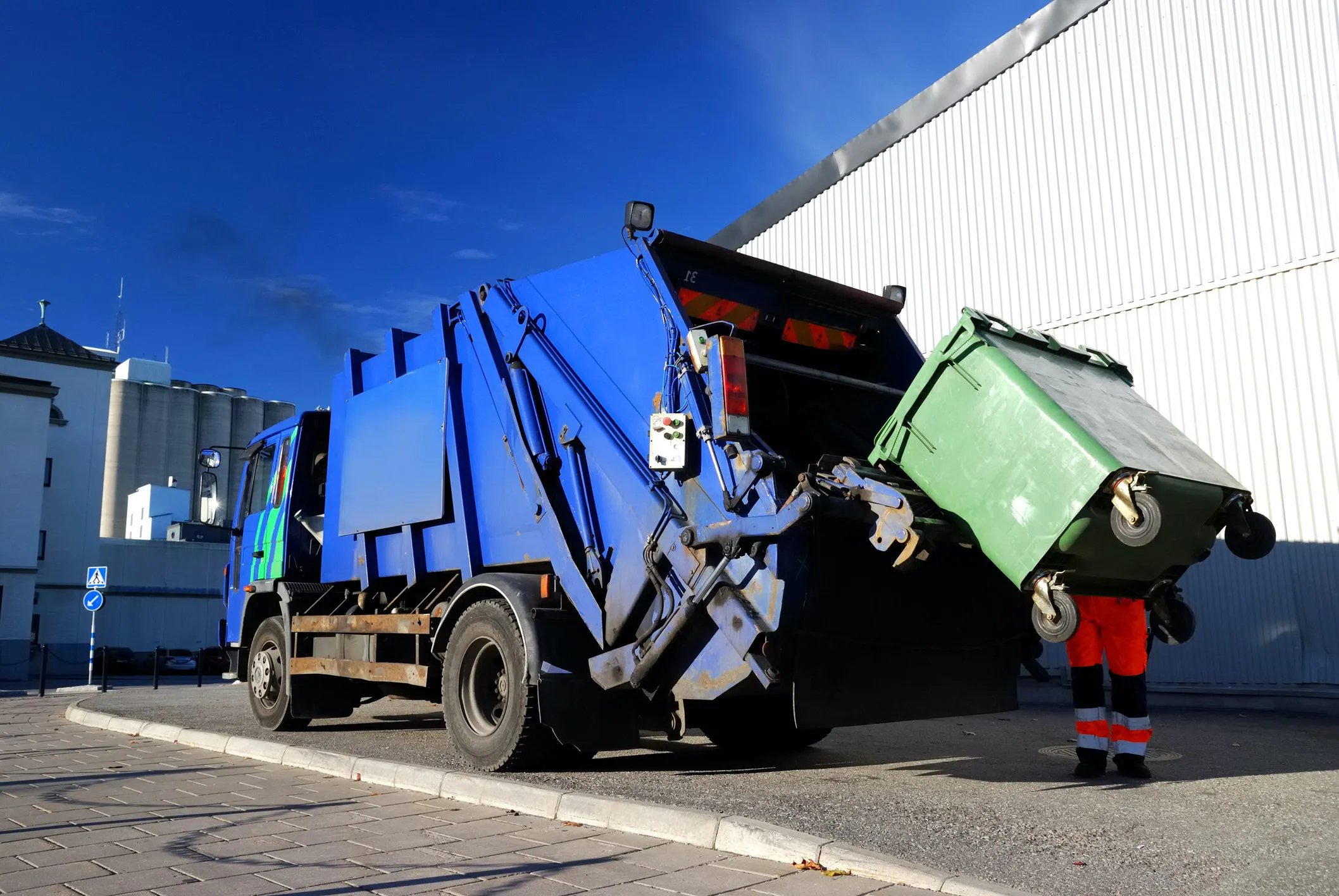Pest control is not merely about eliminating unwanted intruders from our homes and surroundings; it’s about safeguarding the health and well-being of our communities. In Hornsby, like in any other region, effective pest control measures are vital for maintaining a healthy environment. From protecting agriculture to preventing the spread of diseases, the significance of pest control hornsby cannot be overstated.
One of the primary reasons for prioritizing pest control hornsby is its impact on agriculture. The region’s agricultural sector plays a crucial role in supplying food not only to the local population but also to broader markets. Pests such as insects, rodents, and weeds pose a significant threat to crops, leading to reduced yields and economic losses for farmers. By implementing pest control strategies, farmers can mitigate these risks and ensure a steady supply of high-quality produce.
Pests can pose serious health risks to humans and animals alike. Insects like mosquitoes and ticks are vectors for diseases such as malaria, dengue fever, Lyme disease, and West Nile virus. Rodents can spread pathogens through their urine, feces, and bites, leading to illnesses like salmonellosis and leptospirosis. Effective pest control measures, including the use of repellents, traps, and insecticides, are essential for reducing the transmission of these diseases and protecting public health.
In urban areas like Hornsby, pests can also cause structural damage to buildings and infrastructure. Termites, for example, are notorious for their ability to chew through wood, causing extensive damage to homes and businesses. Additionally, pests like cockroaches and rodents can contaminate food supplies and compromise sanitation standards, leading to hygiene issues and potential health hazards. Regular pest inspections and treatments are necessary to identify and address infestations before they escalate into more significant problems.
Invasive species pose a threat to Hornsby’s native ecosystems and biodiversity. Non-native pests can outcompete native species for resources, disrupt natural habitats, and even drive certain species to extinction. By implementing measures to control invasive pests, such as trapping, biological control, and habitat restoration, authorities can protect the region’s delicate ecosystems and preserve its unique biodiversity.



